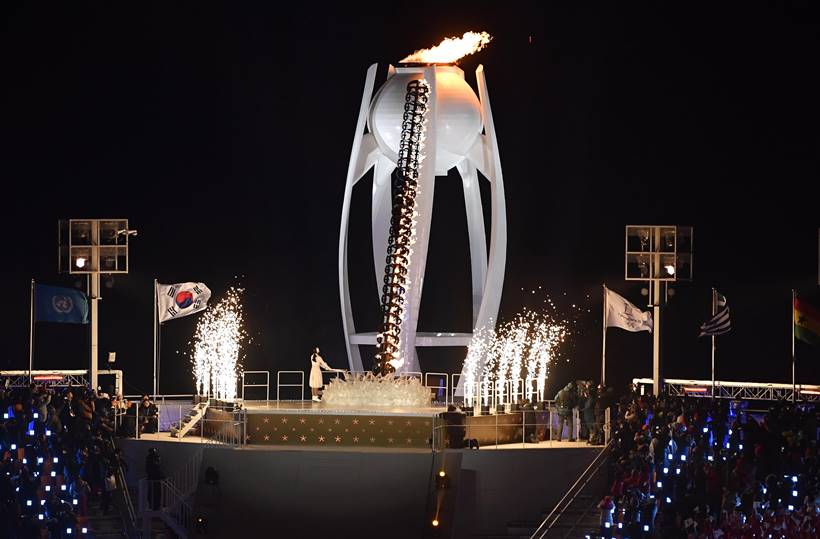South Korea’s annual inflation fell in January to its slowest in 17 months as fresh food costs declined, dropping further away from the central bank’s 2 percent target.
The consumer price index rose 1.0 percent in January from a year earlier, Statistics Korea said, decelerating from December’s 1.5 percent and undershooting the 1.3 percent seen in a Reuters poll of economists.
Prices rose 0.4 percent from a month earlier versus the 0.7 percent tipped in the poll.
“The cold weather probably reduced travelling and commuting, while the prices of agricultural products have been stabilising,” said Meritz Securities Economist Stephen Lee.
“Hard to tell whether such soft inflation could push back the timing of next interest rate hike. We need to see if such weak price pressure continues.”
Thursday’s data underscores market expectations that any more monetary tightening by the Bank of Korea since its November hike will take a gradual path given weak consumer price pressures.
The BOK kept interest rates unchanged at its Jan. 18 policy review, as widely expected, and flagged concerns about economic uncertainties and soft inflation, which remain hurdles to policy tightening this year.
Fresh food prices fell 2.6 percent on-year, while processed food prices declined 0.3 percent in January, a statement from Statistics Korea showed. Prices of clothing and public utilities rose 1.3 percent and 1.5 percent respectively.
Core CPI, which excludes agricultural and oil-based products, rose 1.1 percent from a year ago, also slowing from 1.5 percent in December.
Speaking at a policy meeting in Seoul on Thursday, vice finance minister Ko Hyoung-kwon said this year’s 16 percent minimum wage hike would have “limited impact” on consumer prices.


